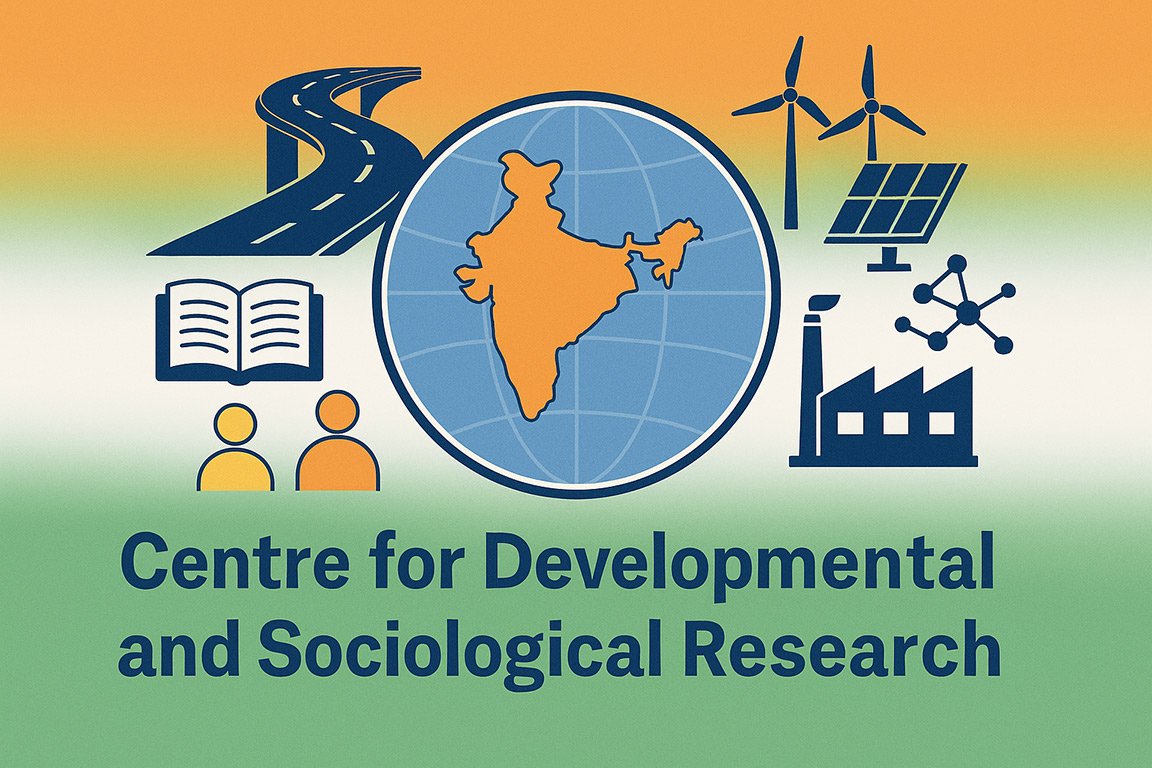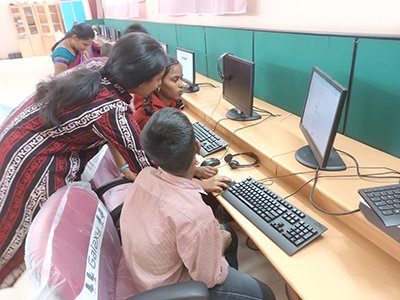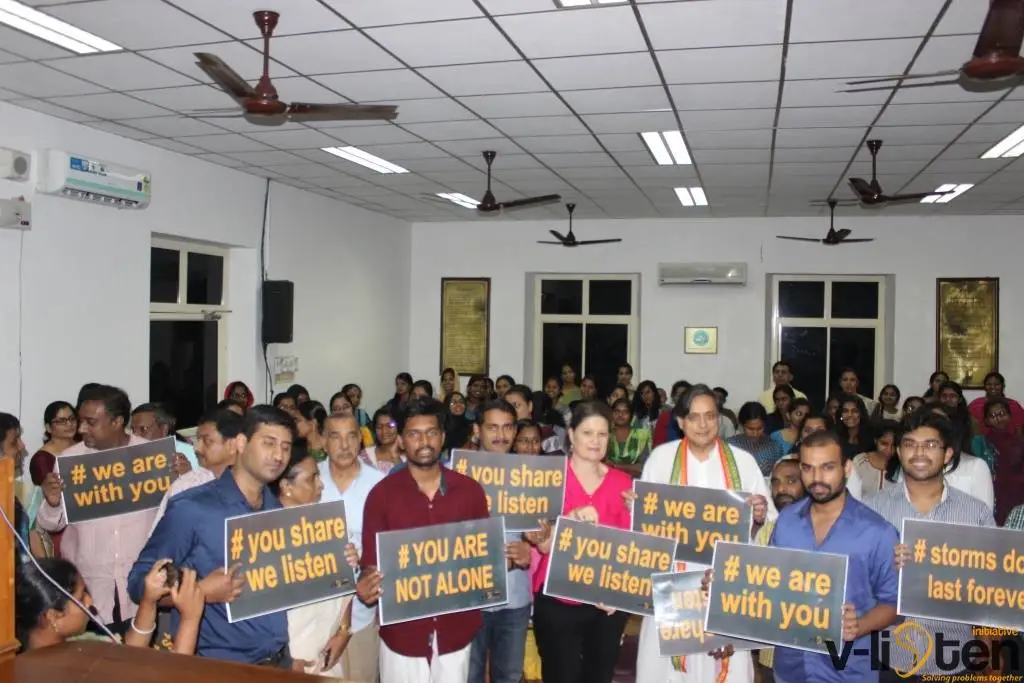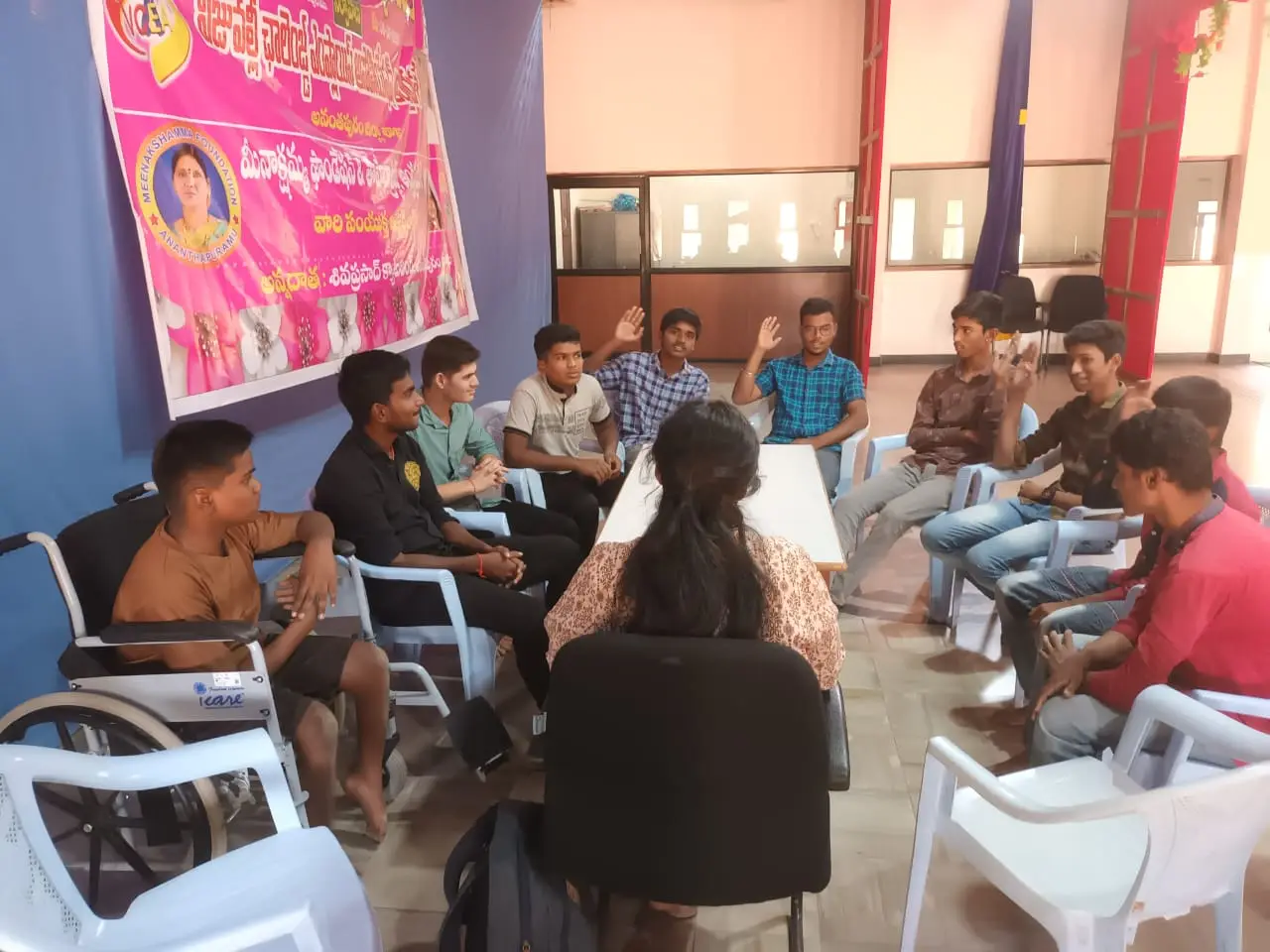Our Story
India is currently experiencing significant economic growth, positioning itself as the fastest-growing large economy globally. In just a decade, India has advanced from being the 10th largest economy to the 4th largest and has moved from the 11th to the 5th largest manufacturing economy. This growth trajectory has also positively impacted the living standards of many citizens, as demonstrated by the improvement in the GINI coefficient from 47.2 to 25.5. While these statistics signify rising income levels, particularly for those at the lower end of the economic spectrum. The increase in the GINI coefficient indicates a more equitable income distribution among lower-income populations. Supporting this assertion, smartphone ownership has surged from 140 million in 2014 to over 960 million today, marking a tech-savvy populace engaged with global opportunities and ideas. However, not all regions of India are benefiting equally from India’s growth. Studying India’s extraordinary growth story and ensuring that it benefits every region and every section of Indian society is our goal.
Our Mission
Additionally, India’s burgeoning middle class is evident in its possession of the world’s fastest-growing civil aviation sector. Goldman Sachs anticipates that India’s “affluent” class, defined as the top 4% of the working-age population with an annual income exceeding $10,000, will reach 100 million within three years. A report by Business Standard predicts a swift rise in the number of high-income households, projecting 9.1 million households earning over ₹2 crore by 2030-31 and 32.7 million by 2046-47. Notably, India ranks third in the number of billionaires globally, with Mumbai surpassing Beijing in this regard.
The Centre for Sociological and Developmental Studies (CSDS) aims to explore these transformations and evaluate their broader impact, particularly concerning sustainability. While sustainability has been a focal point in governance and developmental studies since the 1972 UN Conference on the Human Environment, the discourse frequently neglects the sustainability of social structures and individual well-being.

What we do?

Research
We conduct primary research on developmental and sociological issues from relevant stakeholders and social groups

Report creation
Study data is compiled, analysed, and conclusions are drawn from it. The study is then published with policy suggestions.

Engaging with policy makers
Publish study reports are shared with stakeholders

Raising Awareness
Research is meaningless if the data isn't presented in front of those effected. Without change agents, there can be no change.